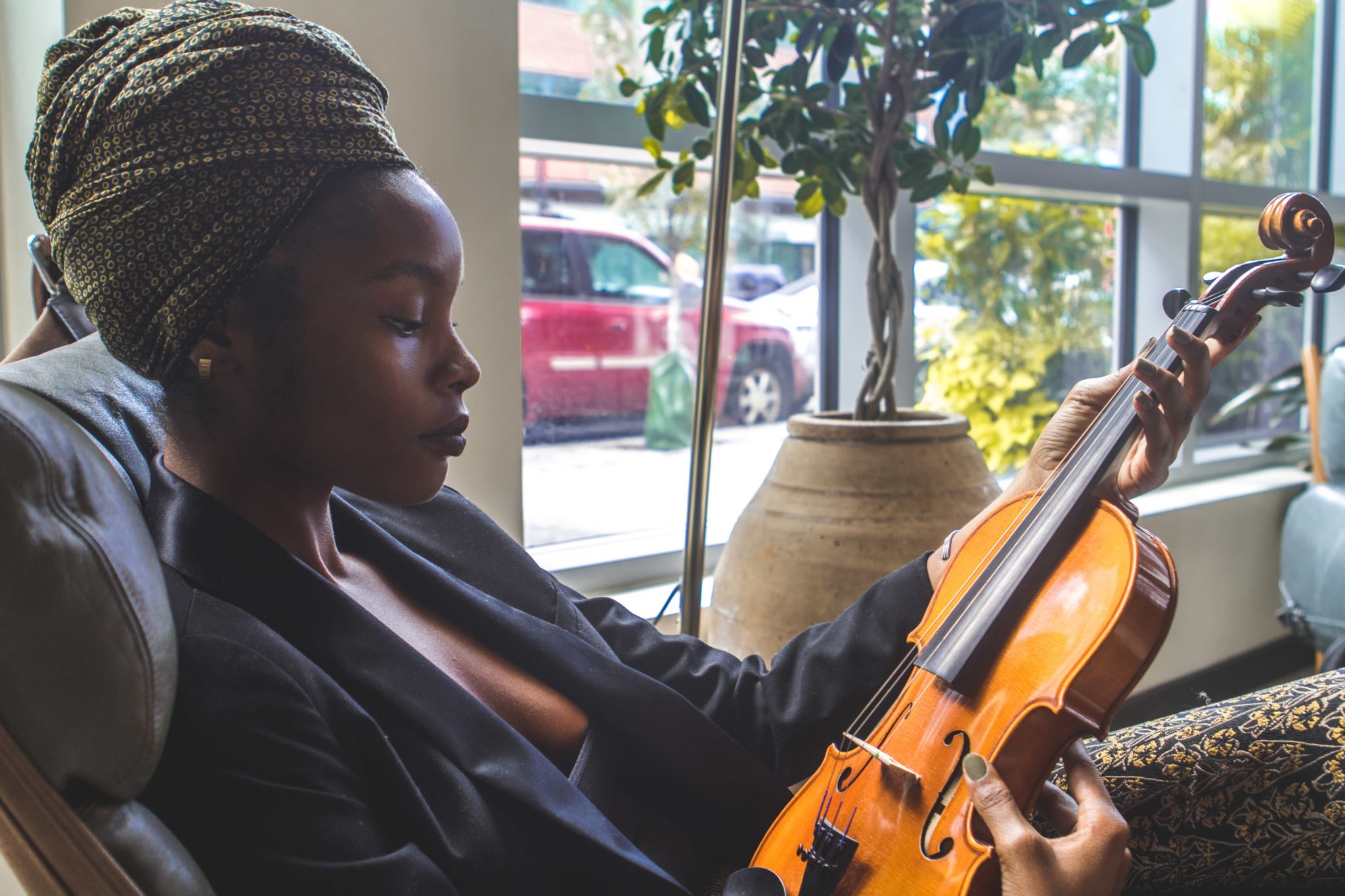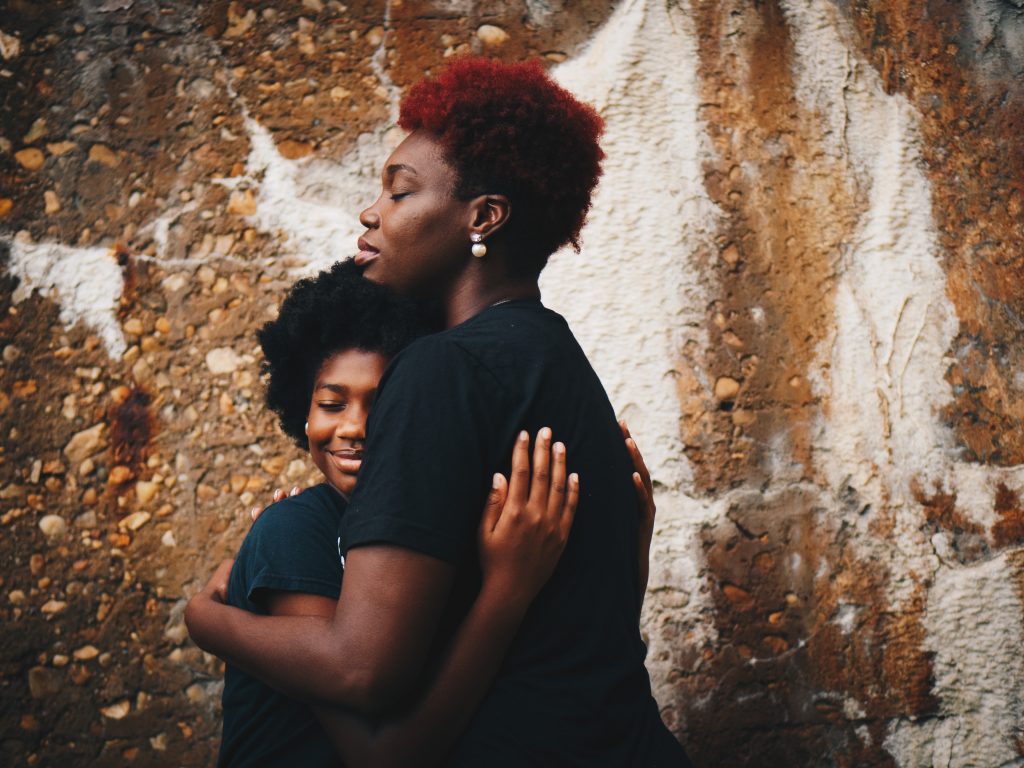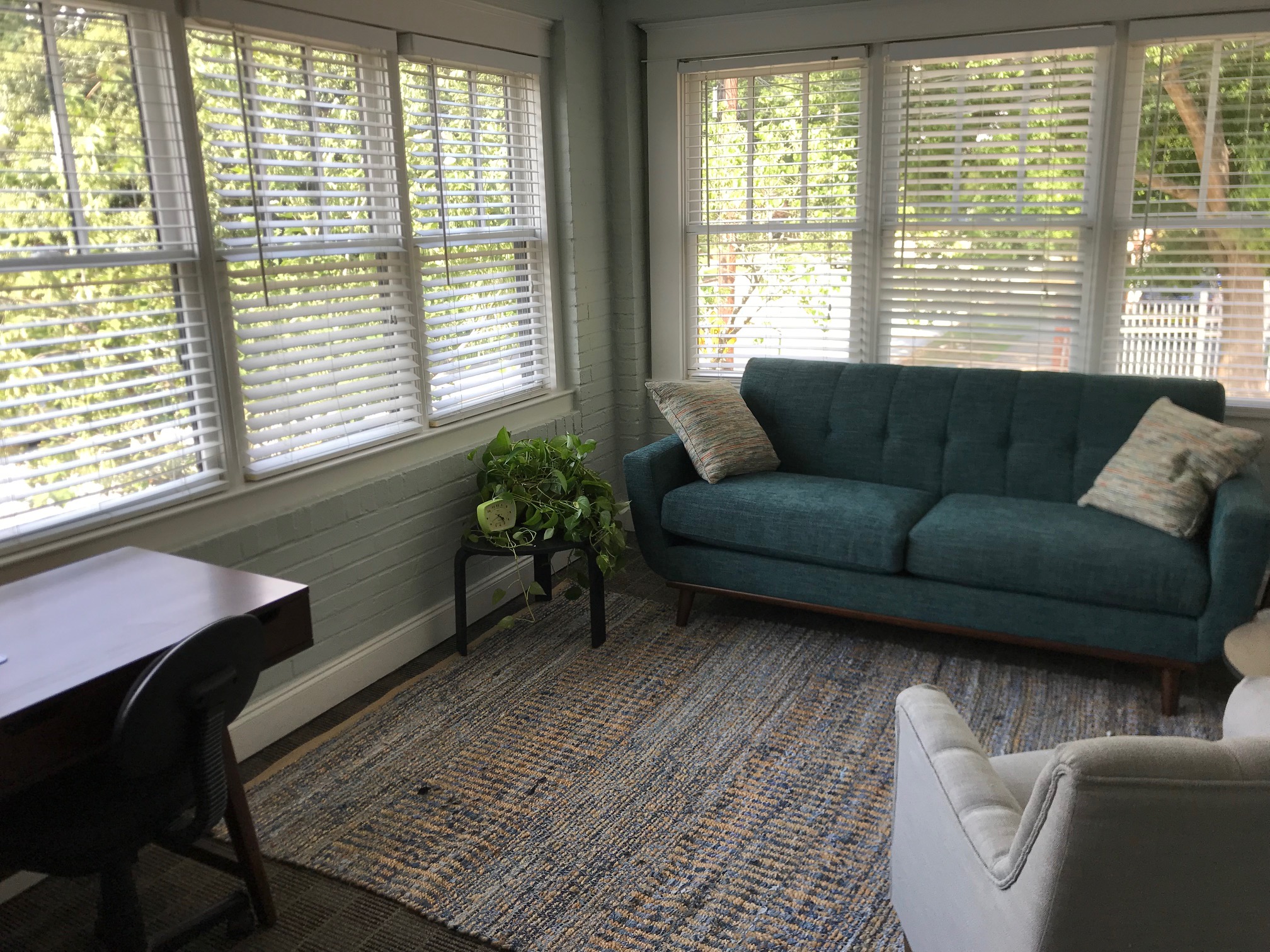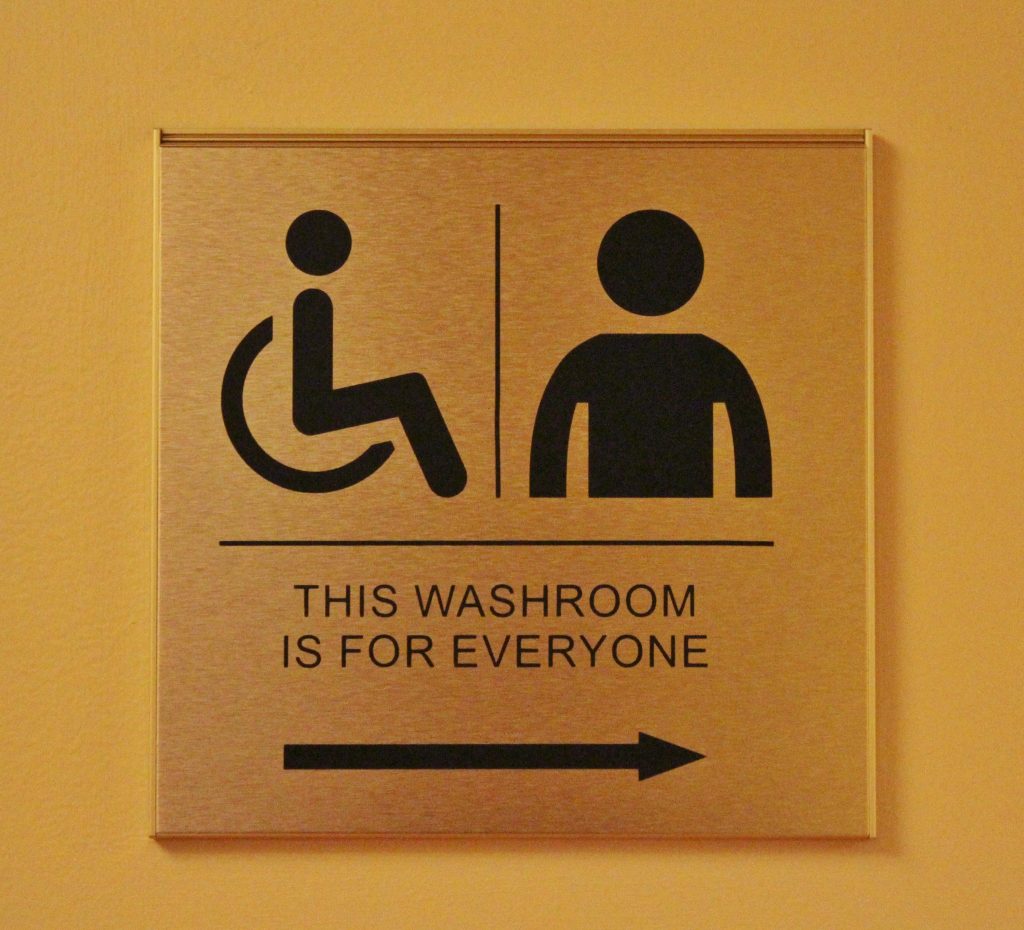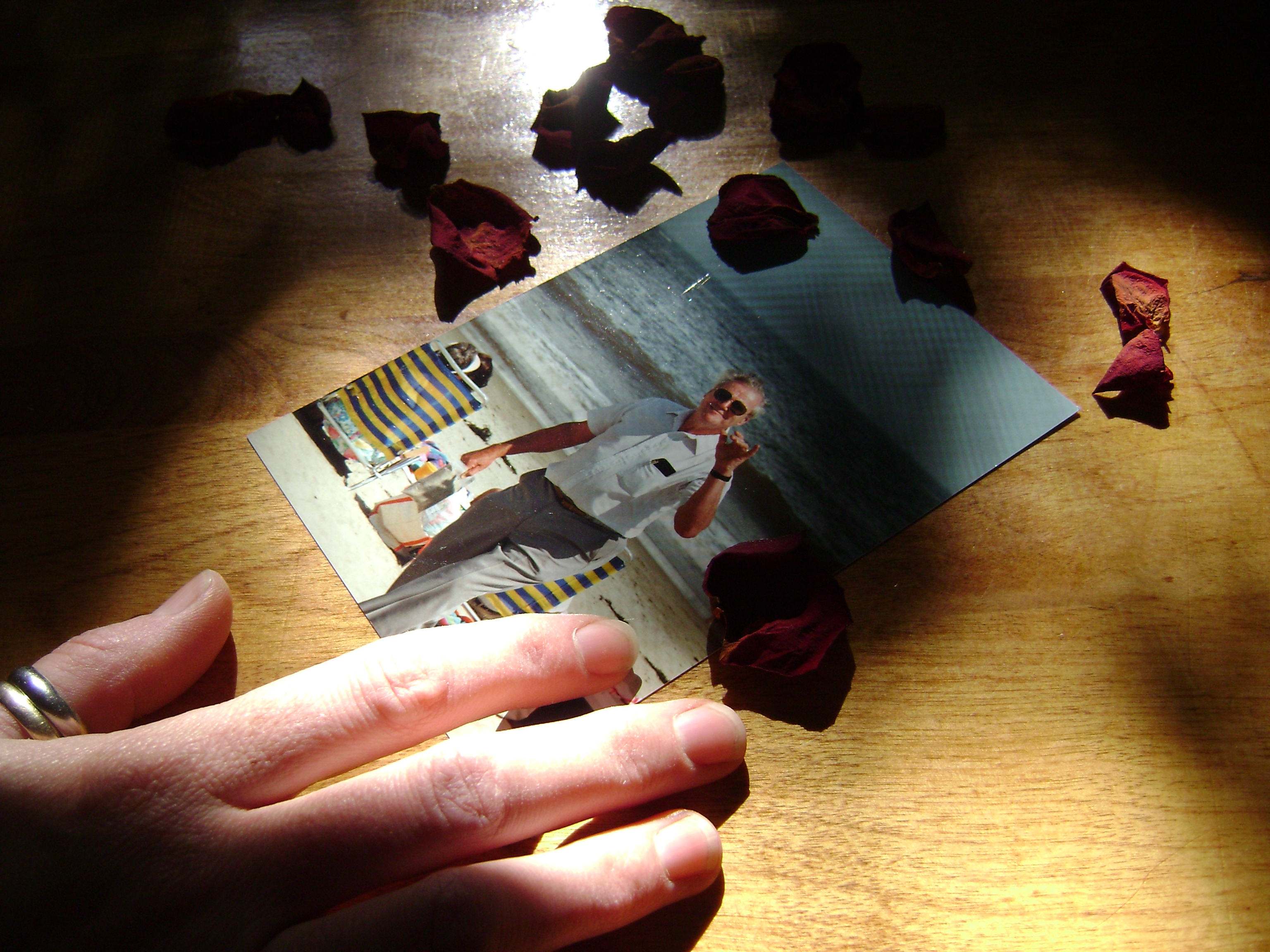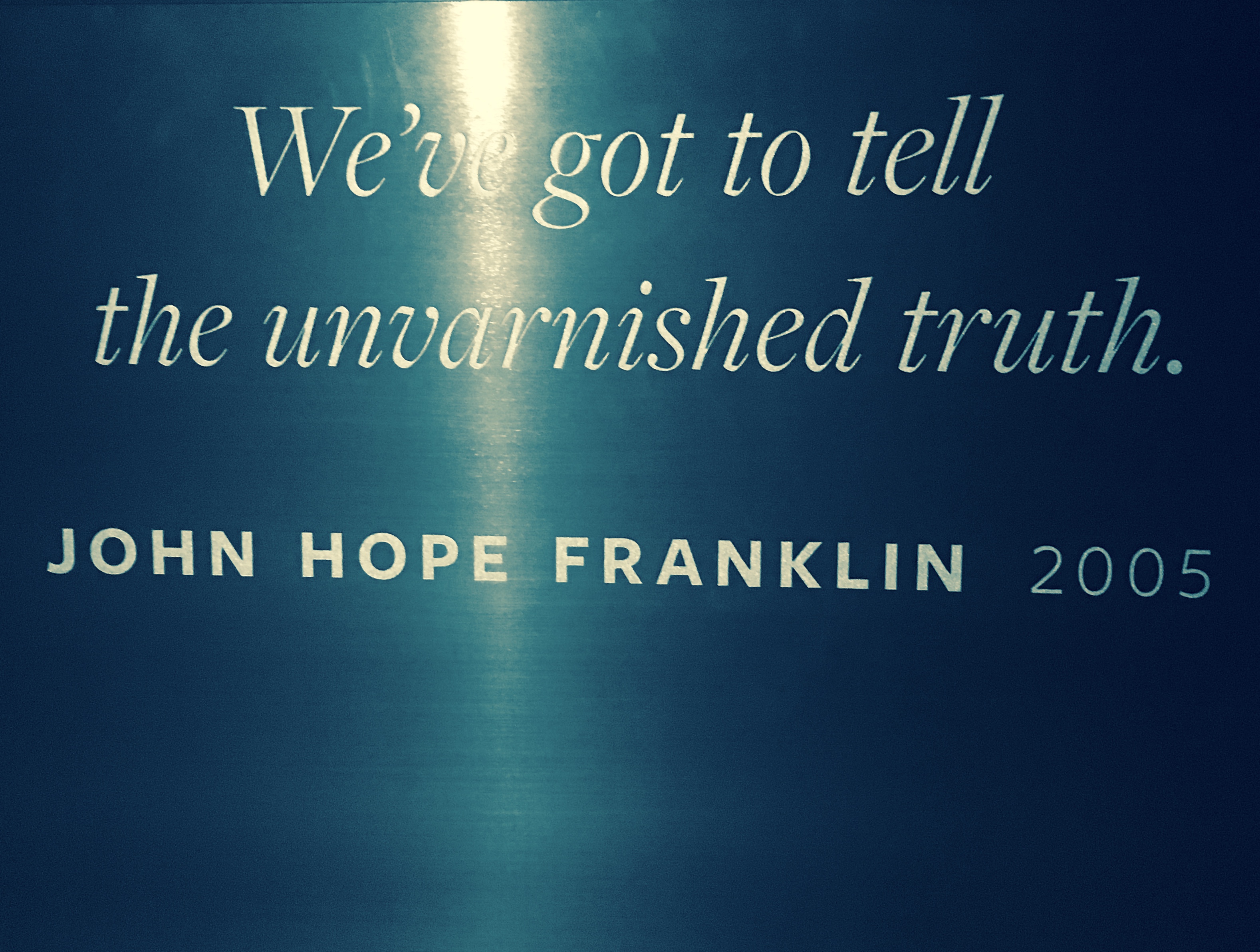If I got a dollar every time…
Say I got a dollar every time I heard the following words:
- “But other people have it worse.”
- “Yeah I’m depressed and anxious, but I have privilege so I shouldn’t feel this way.”
- “I’m not sure I deserve to be in counseling.”
- “I’m worried I’m taking your time away from people who need help more than me.”
How much $$$ would I have at the end of a year if I faithfully put a dollar in a jar each time I heard a variation of these words?
Enough to go out to a great dinner. A really great dinner.
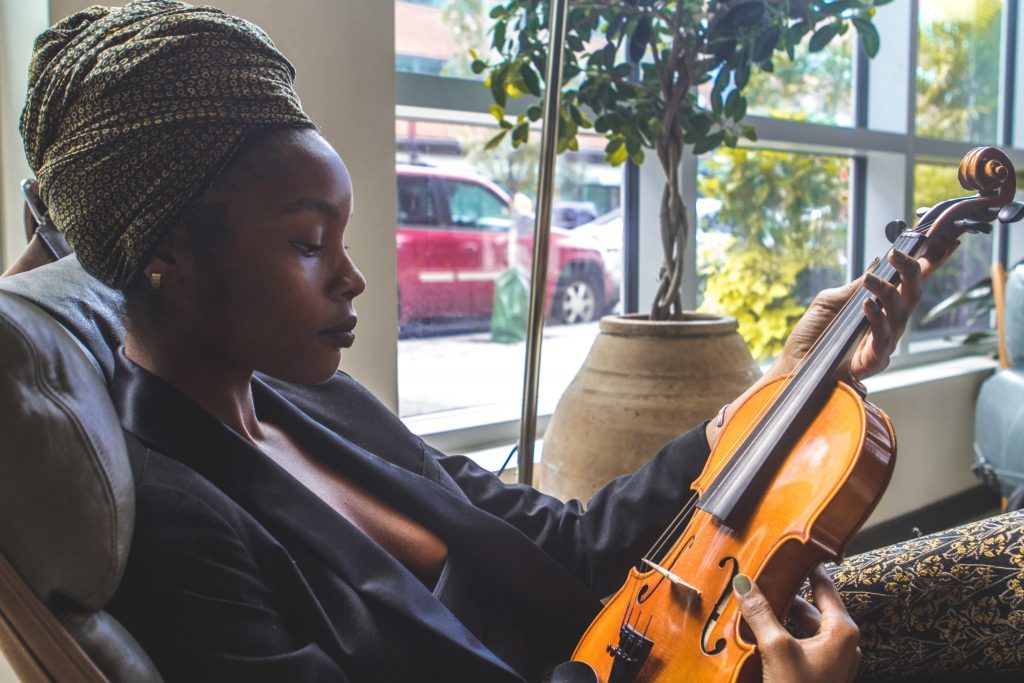
I’ve written on this blog before about what I call “privilege syndrome” — the belief that if we have privilege in some way, it can be easy to feel guilty or judgmental about the ways in which we struggle. And this is common.
I wish that privilege could buffer us from anxiety. I wish that knowing about climate change or homelessness would mean that people with secure housing and middle class incomes could be immune or invisible from stress or depression or trauma.
But the brain and body don’t work like that. While those of us with stable housing or relationships may be less likely to experience trauma or stress, our nervous systems aren’t designed to tease out nuances of privilege. The body just experiences a flood of stress hormones like cortisol or adrenaline. The body just knows we’re depressed or anxious. The body knows we don’t feel okay, even if we try to use our intellect to convince ourselves we should feel differently.
Instead, I try to help clients cultivate neutrality or even self-compassion for our experience. It’s only by accepting what’s here – the pain, the suffering, the fear, the sadness – that we can begin to move through these difficult feelings. It’s only by acknowledging what’s true for us – whether we like the truth or not – that we can begin to move forward.


